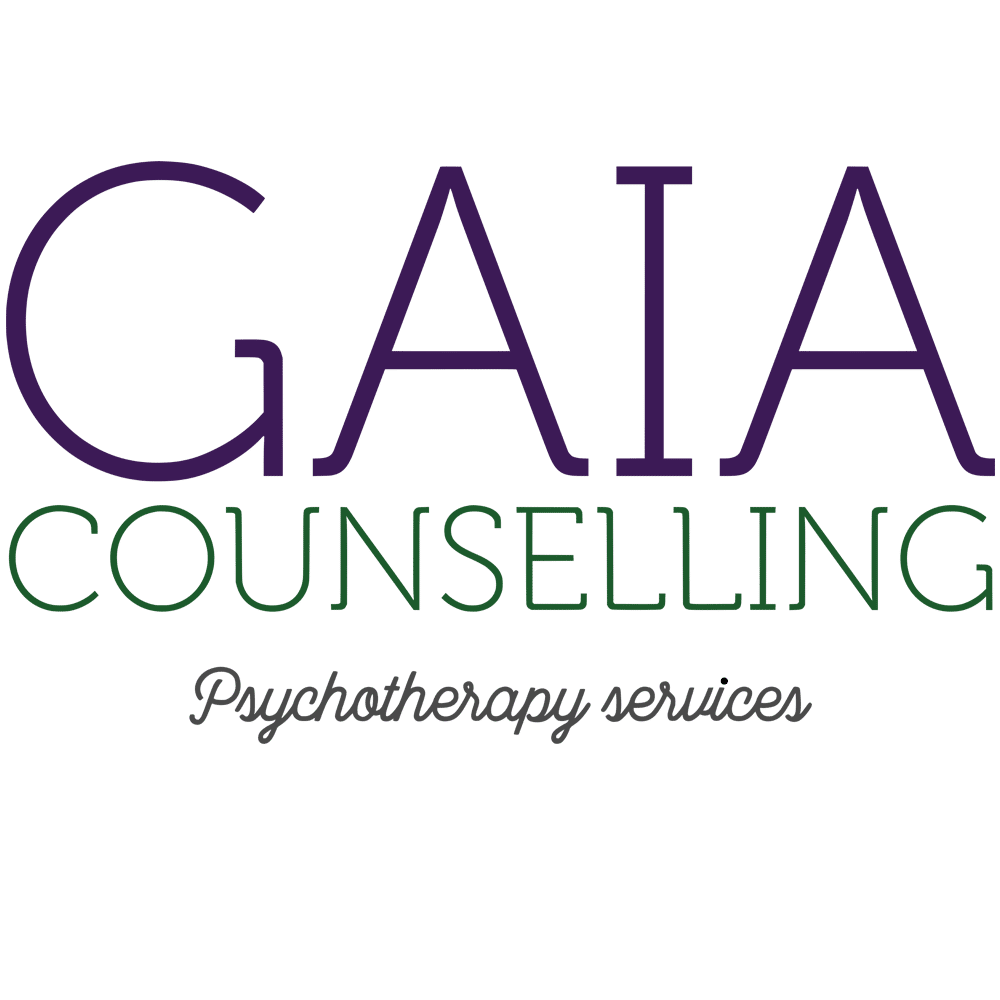Focusing-Oriented Therapy
FOT (or Focusing-Oriented Therapy) is a collaboration and a secure and empowering way for the client to bring new perspectives for surmounting their challenges.
Many of us do not know what we are experiencing or what it means. Rarely are we listened to by others, or by ourselves. In Focusing-Oriented Therapy, the therapist helps the client find their “bodily sensed experience.” The patient can achieve a level of awareness called “The Felt Sense.” The felt sense may involve the right word, image, memory, understanding, idea, or step that is needed to solve a problem. The felt sense is not described as an emotion, instead, it is considered a new human capacity. Although it is difficult to describe easily, it is a perception that can be developed as the therapist and client collaborate to find clearer meanings.

Focusing-Oriented Techniques
In the interest of helping a client become reacquainted with internal awareness of their emotions, they can become more able to address them. As each person is unique, therapists typically don’t follow a specific or formal structure. In focusing psychotherapy, the therapist may simply allow the client to determine the process or direction of the session. In this way, the role of the therapist is less of an authority and more of an assistant.
Whatever form the sessions take or are structured or not structured, the following techniques are likely used:
Using questions like: “What would feel right at this moment?” In this way, the client is given the opportunity to lead the direction, return to the body, and own the exploration.
Dis-identification: This process shifts the client’s perspective from identifying themselves with that which is unknown to them. In other words, when someone says: “I just don’t know anymore.” A shift of attention is employed, intended to move the client away from the “I” in relation to the unknown, placing the emphasis on that which is unknown and so refocused onto how the body feels when the unknown is being experienced.
Bodywork: Communication and language is not limited to speech. People use their bodies to deliver messages to others and themselves. The therapist might ask the client what those gestures or positioning feels like to them. This may determine the course of further discussion and the structure of the session.
What areas can Focusing-Oriented Therapy be of help?
The focusing-oriented psychotherapy approach, in combination with other treatments or therapies, is regarded as effective for several areas and challenges of the client’s life.
This approach is an effective way to gain a high level of insight as well as to uncover inner feelings and eliminate barriers to individual progress.
Our focus is on realizing that everyone is an individual and as such, has experiences and reactions all their own. Focusing therapy is perfect for those who need to become more in tune with their story and want to understand how to make it the best it can be.
What are our clients saying:
Our Services
ADHD Therapy
Children and young adults who suffer from Attention Deficit Hyperactivity Disorder struggle with their interactions with others and the environment around them.
Anxiety Therapy
Almost everyone experiences general anxiety throughout their lives. People may develop any of a variety of related disorders if they experience it frequently.
Depth Therapy
The goal of depth psychology is to discover the root cause of your difficulties by exploring your subconscious mind, feelings, thoughts, and behaviors.
Dreamwork Therapy
Based on the premise that dreams can embody messages from the subconscious, this approach aims to heal physical, mental, and emotional issues.
Emotional Focused Family Therapy
This therapy strives to create a feeling of trust, respect, and communication between members of a family.
Focusing-Oriented Therapy
FOT is a collaboration and a secure and empowering way for the client to bring new perspectives for surmounting their challenges.
Mood Disorders
Mood disorder is an emotional mental state. In most cases, it manifests as periods of extreme happiness, extreme sadness, or moving from one mood to another.
Psychedelic Integration
Psychedelic therapy is a form of psychotherapy that can be used to understand psychedelic experiences, to process them, and to integrate them into your daily life.
Shamanic Work
With shamanic work, you will be able to discover your own spiritual resources and strengthen your connection to the spirits.
Trauma/PTSD Therapy
A psychiatric disorder known as posttraumatic stress disorder may affect people who have been exposed to traumatic events.

